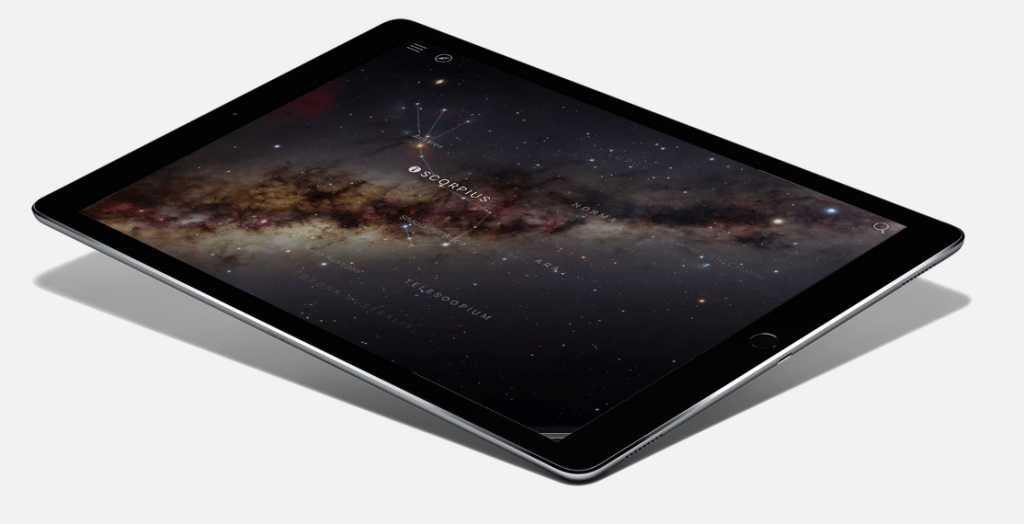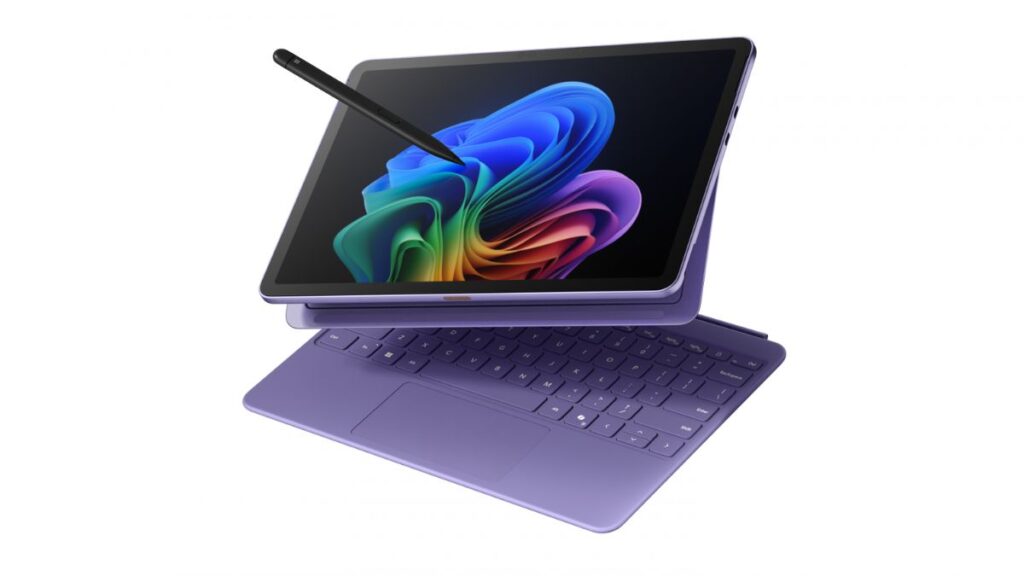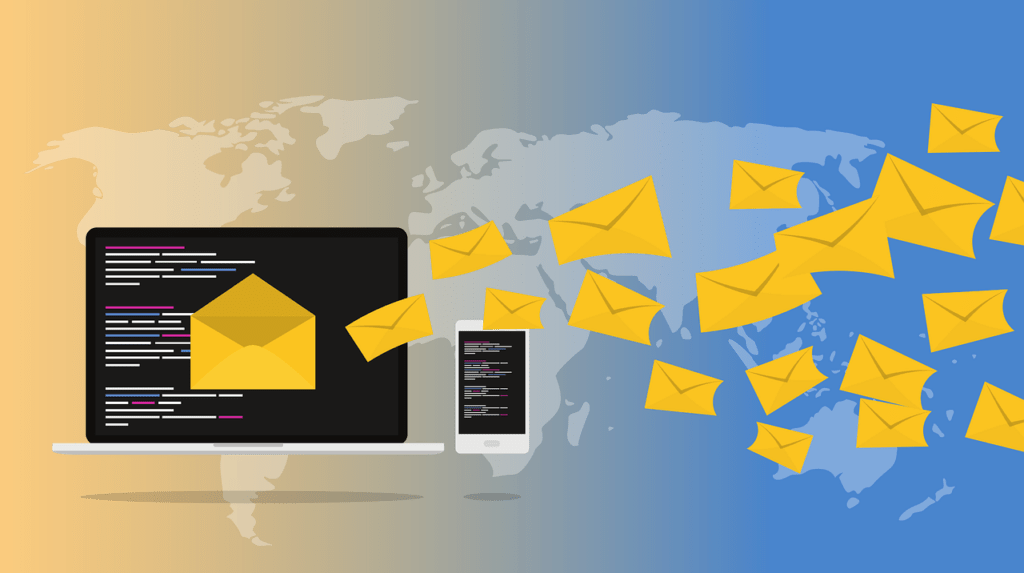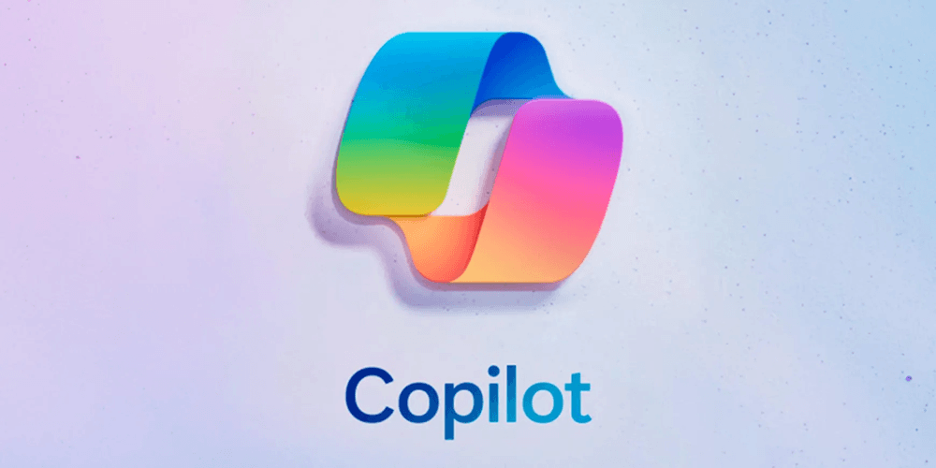Apple launched a number of products this week and the stock market yawned. The good news is the stock didn’t move down, the bad news is it didn’t move up either. It was as if the event didn’t actually happen. This is because folks didn’t get excited about the new offerings but it didn’t hate them either.
The most interesting product was the iPad Pro which faces off against the most successful Windows tablet the Surface Pro. This is clearly a product that Steve Jobs wouldn’t have brought out but that doesn’t mean it is necessarily a bad thing and competition between these two offerings will likely improve the quality of both far quicker.
Let’s look at the idea of a professional iPad.
The iPad
When the iPad first came out a lot of folks I work with thought it could replace their laptop. Virtually all concluded after a few weeks that it couldn’t and an amazing number of them ended up with MacBook Air laptops and didn’t go back to their Windows box. That doesn’t happen very much now but there clearly is a desire for a very light product that people can work on and, up until now, with Apple that need was met with the MacBook Air. But with the MacBook Air you still have to carry an iPad if you want access to the apps and have a tablet experience. So folks buy two products where they only wanted one.
Surface and Surface Pro
These two products were created to address this need first with a product family that included an ARM-powered tablet—the Surface RT or just Surface—and an Intel-powered product—the Surface Pro. But Microsoft couldn’t get enough apps on the ARM version of the Surface to get it to critical sales mass and switched it to Intel as well which is where Microsoft’s app strength lies. So now Microsoft has two tablet oriented 2-in-1s with a business focus and they were filling a need that Apple was having difficulty addressing.
Partners
So both companies upped their respective game first by cutting deals with partners. Apple went with IBM and then Cisco, two of the biggest powers in enterprise computing and Microsoft went with Accenture and Dell initially and are expected to bring in a number of other traditional partners over time. Microsoft is better at partnering, historically, than Apple but Tim Cook should be better than Jobs was but that belief still has to be proven. Accenture, Cisco, and IBM lack a broad channel at the moment for user devices and Dell will have product conflict with their own tablets which sit just behind Surface in market share.
However, Microsoft already has its own enterprise channel while Apple has always resisted setting one up because they didn’t want to do volume discounts to large business. Finally, every time a firm has shifted focus to the enterprise they have taken focus off of the user and this hurt Apple in the 1990s and Microsoft in the following decade, this could repeat with Apple if it moves to build an enterprise line of products and starts to do things it currently relies on IBM and Cisco to accomplish.
Wrapping Up: Surface 4?
The iPad Pro opens up a series of doors both good and bad for Apple. On the good side it addresses the need for a better forms / business solution and should be far better for those that like to create on a tablet. On the bad side it creates a conflict between iOS and MacOS that Apple isn’t really prepared to deal with yet—forcing an ugly choice between the MacBook Air and the iPad Pro potentially pointing folks to the single OS Surface / Windows PC solution.
Surface Pro is due for a refresh and it is that product that will run against the iPad Pro. Surface is true 2-in-1 without the limitations ARM and iOS places on the iPad Pro, making it a better business choice. Dell is positioned better to move a tablet in this class but still has to reconcile the conflict with its own tablet offerings. In the end, while this is one of the most balanced fights we are likely to see, Microsoft should have the advantage here because it is better set up to market and sell a business-focused offering than Apple is and fixing that could hurt Apple in other areas by pulling focus off users where Apple has clearly been the more powerful player until now.
So the promise for the iPad Pro is a far more business-focused future and that is its problem as well because to address this opportunity Apple must change and that will result in sacrificing the market it now dominates.




I’m waiting for the Surface Pro 4. I’ll probably get the iPad Pro as well. I don’t understand why there are many articles saying they are the same thing. Surface is PC first touch device second. iPad is touch device first and pc device second.
It’s clear when you use touch enabled applications. They aren’t even close.
“It’s clear when you use touch enabled applications. They aren’t even close.”
And the same when you use PC applications – they aren’t even close.
That was implied but yup.
Ipad Pro at $1000 when you will be able to get a Core I5 or I7 Surface Pro for $1000….This is a joke of a comparison…..Only a fan boy would spend $1000 on an Ipad…..
Starts at $799. A similar Samsung offering the Note Pro 12.2 has run from $699 to $649 over the last year. Anyway, consumer sales will be incidental, this is about custom fine-tuned apps in the enterprise.
so does the Surface…. $799…. But for enterprise, you will need a keyboard….so are basically at $1000….when you can get a Core I5/I7 that already talks to Enterprise for the same price……